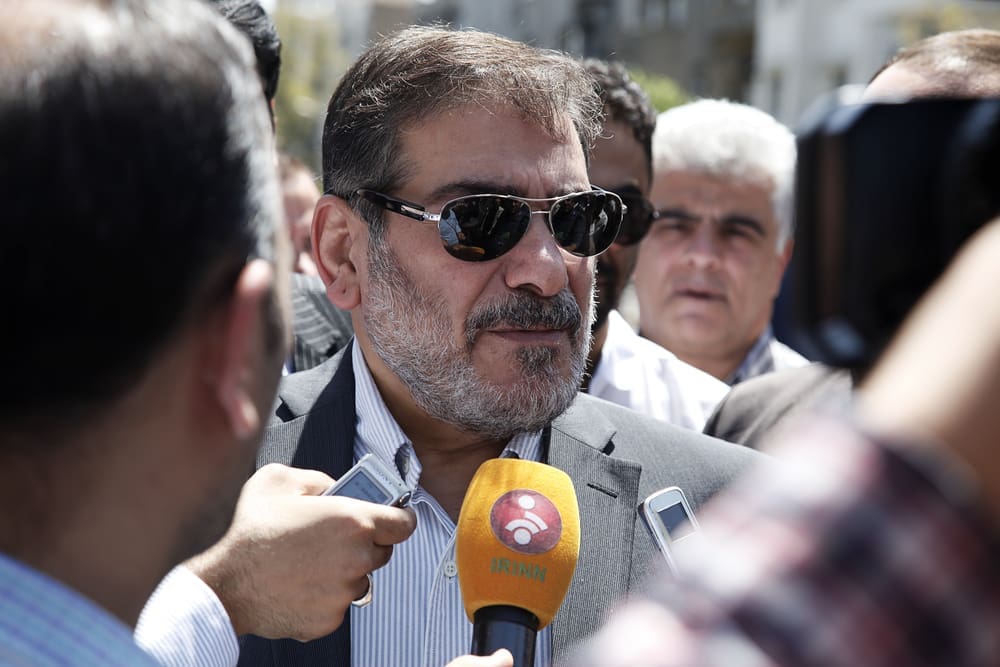Iran has expressed readiness to sign a nuclear agreement with President Donald Trump, contingent on the lifting of economic sanctions. This development was reported during an interview with a prominent adviser to Iran’s supreme leader, Ali Shamkhani. Shamkhani, who holds significant influence in Iran’s political, military, and nuclear strategy, outlined Iran’s willingness to halt the production of nuclear weapons, eliminate its stockpiles of highly enriched uranium, and restrict uranium enrichment to levels suitable for civilian use. Additionally, Iran would permit international oversight of its nuclear activities. These commitments, however, hinge on the immediate removal of all economic sanctions imposed on the country.
The comments from Shamkhani mark a notable statement from within Iran’s leadership, indicating a potential shift towards diplomatic relations with the United States. The supreme leader of Iran retains ultimate decision-making power, especially concerning national security issues. Shamkhani’s statements were made shortly after President Trump extended a mixed gesture of diplomacy and sanctions, urging Iran to agree to limit its nuclear ambitions.

Despite expressing a willingness to negotiate, Shamkhani voiced dissatisfaction with President Trump’s rhetoric, which he described as contradictory and unyielding. Trump has consistently maintained that Iran should never possess nuclear weapons, a stance backed by reports from the International Atomic Energy Agency indicating Iran’s uranium enrichment capabilities. While Iran denies any intent to develop nuclear arms, talks have been ongoing between U.S. and Iranian representatives, with recent discussions in Muscat described as “encouraging” by U.S. envoy Steve Witkoff.
Iranian Foreign Minister Abbas Araghchi characterized the negotiations as “difficult but useful,” emphasizing that while Iran is not willing to completely abandon its enrichment program, there may be room to adjust enrichment parameters temporarily to foster trust.
Shamkhani also expressed concern over potential interference from Israeli Prime Minister Benjamin Netanyahu, who has historically opposed Iran’s nuclear advancements and has a strong influence on U.S. policy. There are indications, however, that President Trump might be diverging from Netanyahu’s approach, recognizing a diplomatic opportunity to neutralize the nuclear threat through negotiation rather than military intervention. These evolving dynamics suggest potential shifts in the geopolitical landscape, with significant implications for regional stability and international relations.














